
BEIJING, July 26 (Xinhua) -- As the conflict in Syria shifted sharply to President Bashar al-Assad's forces, the rebels' Western supporters reached a dilemma in considering their next steps in the Middle East country.
Government troops have been accomplishing success recently in key battlefields such as in the central Homs province and the suburbs of Damascus, making it harder for the rebels to unseat Assad with force and arms.
In a sign of policy adjustments, U.S. Secretary of State John Kerry on Thursday urged the concerned parties to push harder for a political settlement to the lengthy crisis that the UN said has killed more than 100,000 people.
"There is no military solution to Syria. There is only a political solution, and that will require leadership in order to bring people to the table," Kerry said.
"We remain committed to the effort to bring the parties to a Geneva 2 (conference on Syria) to implement Geneva 1, and we will try our hardest to make that happen as soon as possible," Kerry said.
In another sign, Western countries have been dodging the issue of arming the rebels in spite of a call from Syria's opposition for support.
The new head of the Syrian National Coalition opposition group, Ahmed al-Jarba, called a U.S. commitment of military support "vital." He urged Washington to send weapons quickly to allow the rebels to "defend ourselves and protect civilians."
However, although the White House said in June it would provide military aid to the rebels after concluding that government forces had used chemical weapons, many in the U.S. don't believe that increased American support could change the situation in the field.
Besides, some worried that the arms could fall into the hands of extremist Islamists who are also fighting government forces but would use the weapons against Western targets.
France, which has been actively supporting the rebels and prompted the European Union to lift its arms embargo in June, said it has not made any decision to supply the opposition with weapons.
Paris said it needs to conduct more talks with the opposition before sending any weapons.
Meanwhile, Western powers have been extremely cautious over what action to take in Syria, shunning military intervention out of fear that it would harm their own interests.
U.S. President Barack Obama, still feeling the pain of previous U.S. actions in Iraq and Afghanistan, has been reluctant to get involved in the Syrian conflict.
Gen. Martin Dempsey, chairman of the U.S. Joint Chiefs of Staff, who had outlined five options the American military was prepared to undertake, warned that involvement in Syria could cost billions of U.S. dollars.
For his part, French President Francois Hollande called on the international community to energize efforts to reach a diplomatic alternative to end the violence in Syria but kept military options open.
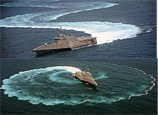
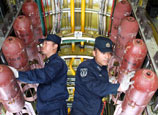
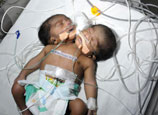



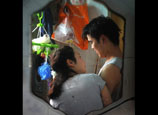
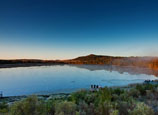
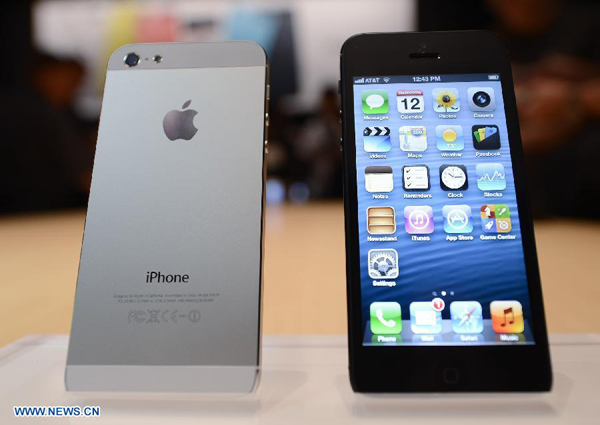







 Migrant children’s dream of stage
Migrant children’s dream of stage


![]()
